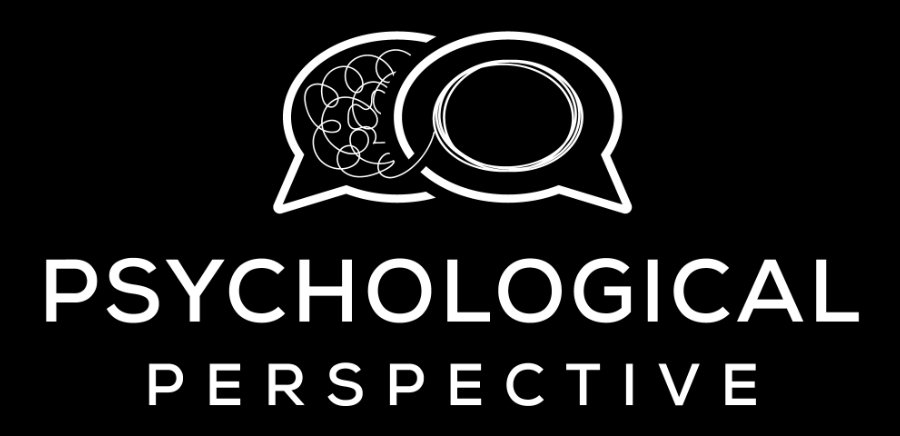Many people benefit from therapy, and more would were it not for a very practical concern: price. The cost per session to see a qualified clinical or counselling psychologist privately in the UK ranges from £80-180, which can feel like a daunting hurdle. However, despite mental health care in the UK being covered under the National Health Service (NHS), a growing number are choosing to pay out of pocket. This could be explained by the waiting times associated with accessing NHS services, higher thresholds to be eligible for treatment in the first place and a limited choice in therapeutic approaches offered plus a cap on number of sessions per person that doesn’t flex to client need.
In contrast, private therapists are more able to offer rapid entry into therapy at the time it’s needed, tailor their treatment approach and session numbers to address often multiple presenting issues and offer appointment times that suit busy diaries.
Given the difference these factors can make to the experience of seeking and being in therapy, understanding the factors behind the cost of private therapy could enable you to more accurately target the right therapists for you at an early stage, plus have a more accurate expectation of the likely cost associated with your overall treatment plan.
So what are the factors that influence CBT therapy cost?
The geographical location of your therapist.
To state what might be obvious, the cost of therapy sessions is influenced by the location of the therapist. Therapists in urban centres, particularly London, often charge higher fees compared to those in rural areas, due to increased cost of living and an often high demand for services.
The level of qualification held by your therapist.
The qualifications of the therapist also influence the cost of therapy. In the UK there are a few pathways into a recognised professional qualification that permits the holder to offer therapy services, the three key ones being:
- Counselling
- Psychotherapy
- Psychology
Each pathway requires the trainee to commit to a number of years of training that involves an emotional investment and, in some cases, a financial commitment. As a result of this commitment to learning and the knowledge that comes with it, some therapists are able to put more value on their time to reflect the level of qualifications they have received, shown in the comparatively higher rate usually charged by clinical and counselling psychologists whose academic training is equivalent to doctorate level and requires many years of intense commitment and dedication.
If they’re highly-experienced.
As with most jobs, the more experience you have the more you’re likely to earn and a career in therapy is no exception. Therapists who have gained many years of experience offering thousands of client hours can charge higher fees than trainees and those less experienced.
Are they experts in their field?
Some experienced therapists have chosen to work predominantly within a limited area of mental health disorders, and over the course of a career become seen as experts in their field.
These therapists often charge a higher rate than a therapist who does not work with a clinical issue as often, reflecting the likelihood that the number of sessions required to reduce symptoms will be less.
Therapists fund ongoing investment in the quality of the therapy they provide.
Psychologists that meet the standard can register with the Health and Care Professions Council (HCPC) and are entitled to use the title ‘Practitioner Pychologist’, enabling them to charge higher fees. However to retain registration they must comply with and fund the required number of continuing professional development hours. They are also required to fund regular clinical supervision from a suitably qualified and experienced professional from their chosen field. Therapy is a partnership between you and your therapist, with their commitment extending far beyond the hour you spend together in session.

Session frequency makes a difference.
The frequency of therapy sessions will significantly affect the total cost of therapy and is influenced by two factors:
- The issues you’re bringing to therapy and the associated goals. Frequency will be based on the therapist developing a robust understanding of key issues and the associated treatment plan that will move you towards your goals.
- The model of therapy you choose. The majority of therapy models fit with a weekly frequency, moving to less frequent as therapy progresses, for example cognitive behavioural therapy. However some models, such as psychoanalysis, have a very different expectation of clients’ time commitment to therapy, underlining the importance of asking questions early on in the process of choosing a therapist.
There are hidden costs to the practice.
Your therapy fees cover not only the valuable time spent in session with your therapist, but also the extensive work that happens behind the scenes. From onboarding and writing up session notes, to time taken over treatment planning, co-ordination with other professionals involved in your care and scheduling changes. Excellent therapists are dedicated to providing you with the best possible care extending beyond the appointment.
Take your time in getting the right ‘fit’ – it’ll save you money in the long-run.
It’s important to understand how to find the right therapist who will help you make the biggest strides towards your goals. Most professional therapists choose to offer a free, introductory chat to understand more about the issues a person is facing, with the goal of assessing if they are a good fit for what the client wants to achieve. This minimises the chance of having to start again, financially and emotionally, with a new therapist.
Contact us at Psychological Perspective for an introductory chat and take the first step in finding the right therapist for you.




